Who is Hind Kabawat: Human rights activist and Arab Christian joins Syria’s new cabinet
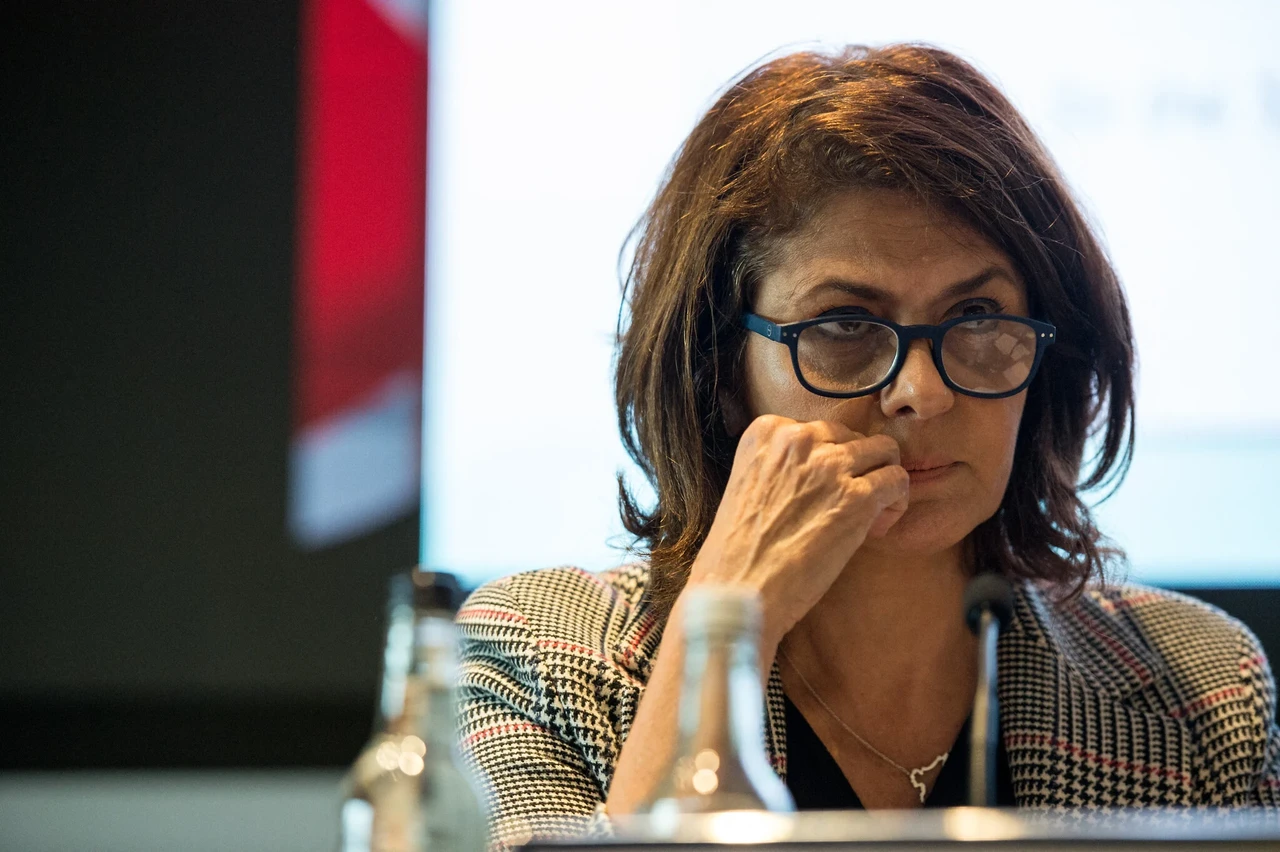 Hind Kabawat at a press conference in central London, United Kingdrom,Sept. 7, 2016. (AFP Photo)
Hind Kabawat at a press conference in central London, United Kingdrom,Sept. 7, 2016. (AFP Photo)
In a historic move that reflects Syria’s ongoing political transition, Hind Kabawat, a Syrian-Canadian lawyer, peacebuilder, and advocate for women’s rights, has been appointed Minister of Social Affairs and Labor in the country’s new cabinet under interim President Ahmed al-Sharaa.
She is the only woman minister in the 23-member government and the first Christian woman appointed by Sharaa. Kabawat’s appointment is viewed by observers as a sign of cautious reform and inclusion following the collapse of the Assad regime in December 2024.
The transitional government, sworn in on March 30 at the People’s Palace in Damascus, is composed of representatives from various religious and ethnic backgrounds.
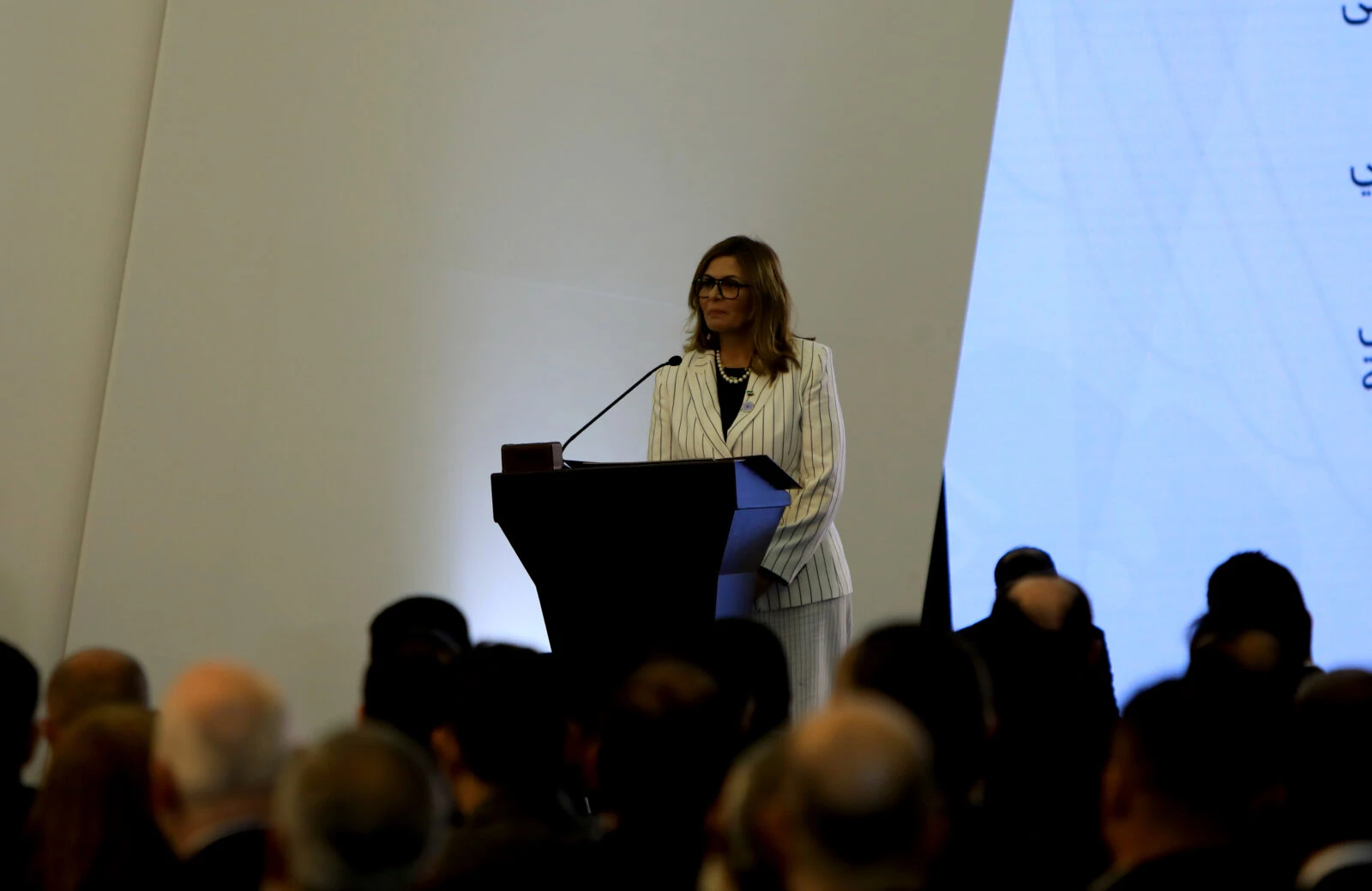
Hind Kabawat brings years of peacebuilding, legal experience to Syrian cabinet
A longtime critic of Bashar al-Assad, Kabawat is one of Syria’s most recognized civil society leaders. She currently serves as the Director of Interfaith Peacebuilding at George Mason University’s Center for World Religions, Diplomacy, and Conflict Resolution.
Since 2004, she has led interfaith initiatives and trained hundreds of Syrians, especially women, in conflict resolution and negotiation in Syria, Türkiye, Jordan, and Lebanon.
Hind Kabawat holds a law degree from Beirut Arab University, a master’s in international relations from Tufts University’s Fletcher School, and additional certificates from the University of Toronto and Harvard University.
She founded the Syrian Centre for Dialogue, Peace, and Reconciliation in Toronto and served as a senior official at the United States Institute of Peace until 2015. Kabawat is also part of the Syrian opposition’s High Negotiations Committee and helped lead the Women’s Consulting Group during earlier Geneva peace talks.
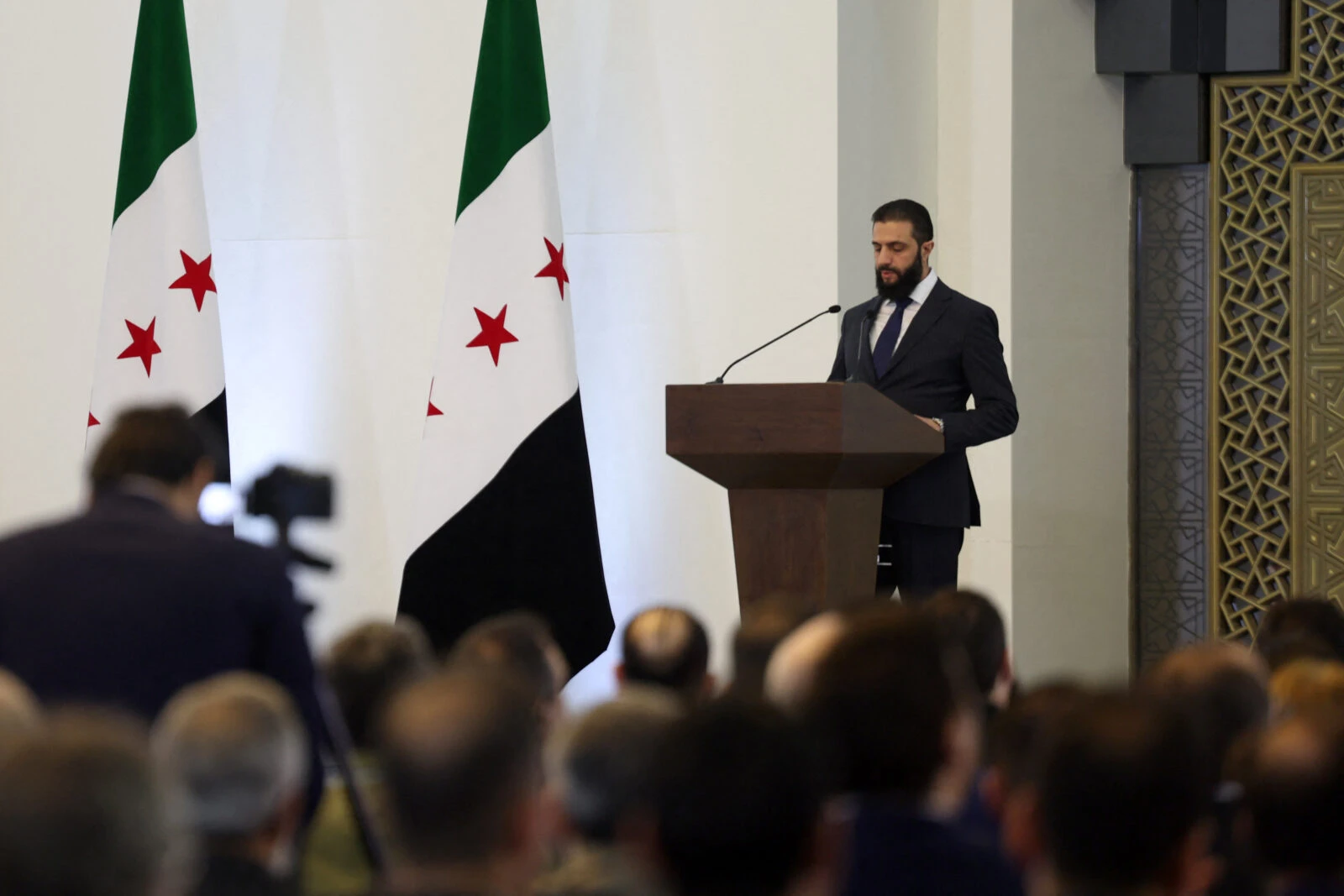
Kabawat’s appointment in President Ahmed al-Sharaa’s diverse cabinet
The new cabinet, led by interim President Ahmed al-Sharaa, was announced nearly four months after the fall of the Baath regime. Sharaa, the leader of Hayat Tahrir al-Sham (HTS), pledged to build a “strong and stable state” and address the country’s economic and social challenges through accountability, reform, and justice.
In his inauguration speech, Sharaa said, “Today marks the beginning of our journey toward the future we rightfully deserve.” He promised to protect human rights, prevent corruption, and restore trust in public institutions.
The cabinet includes members from various communities. In addition to Hind Kabawat, the government features Amjad Badr from the Druze-majority Suwayda region as Minister of Agriculture and Mohammed Abdulrahman Terko from Afrin, a Kurdish-majority area, as Minister of Education. Former White Helmets leader Raed al-Saleh was appointed Minister of Emergency Situations and Disasters.
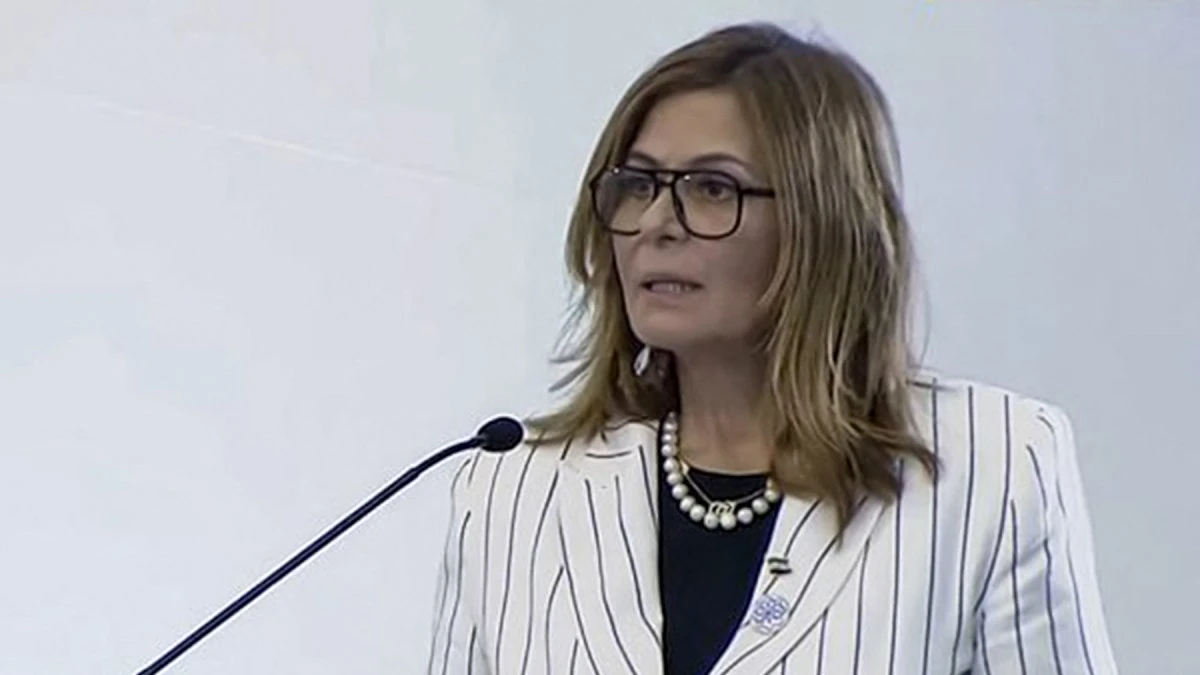
Hind Kabawat’s focus on dialogue, inclusion, women’s empowerment
Kabawat has built her reputation through civil society work rather than political party structures. Her efforts have focused on bringing Syrians together across religious, ethnic, and political divides.
She co-founded Tastakel, an organization that supports Syrian women through education, peace training, and literacy programs — including for girls in refugee camps in southern Türkiye.
She is also known for publicly supporting the rights of all marginalized people, regardless of their nationality, gender, sex, or sexual orientation, a stance rarely expressed in Syrian political discourse.
Her leadership style reflects a commitment to long-term reconciliation through peaceful means. Hind Kabawat often describes her vision for Syria as a “colorful” and inclusive country, one where all communities, religions, and identities can live together freely.
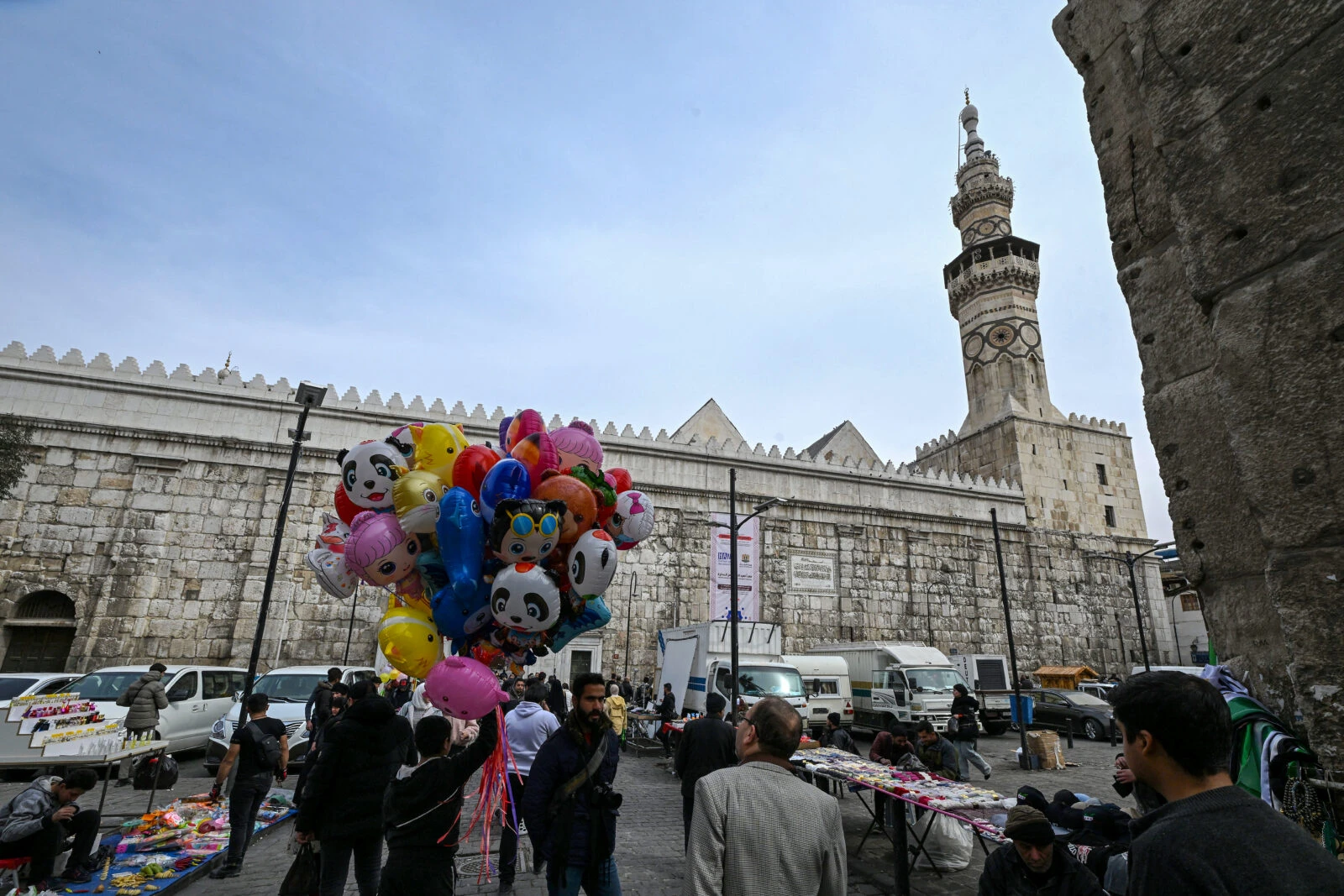
Kabawat played key role in previous Syrian peace negotiations
During the Geneva peace process in the mid-2010s, Hind Kabawat brought together a group of Syrian women who advised opposition negotiators. Initially dismissed by male-dominated political factions, the group soon earned formal recognition as the Women’s Advisory Board to the High Negotiations Committee.
Their work focused on five main issues: ceasefires, detainees, terrorism, humanitarian access, and transitional governance.
In interviews, Kabawat emphasized the value women bring to political negotiations. “Diversity brings trust,” she said. “Only women can bring peace. We are trying to be the glue that holds Syrians together.”
The women involved in this group, many of whom had been teachers, journalists, or civil society workers, carried their domestic traditions into the halls of diplomacy. They created a community inside their Geneva hotel, leaving doors open, sharing meals, and recreating the social life they had lost to war.
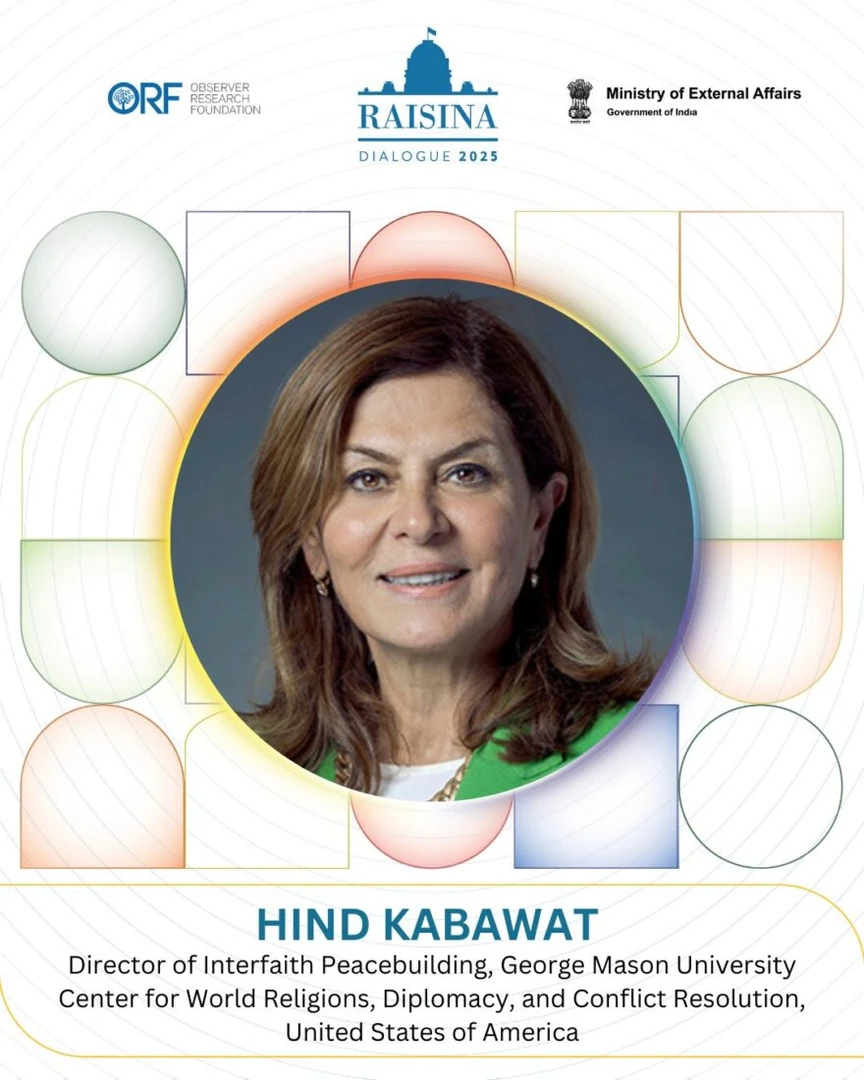
Civil society hopes Hind Kabawat’s presence will help steer Syria toward inclusion
Kabawat’s appointment has been welcomed by civil society groups. In a statement, the organization Madaniya, an independent Syrian initiative working to strengthen civic engagement without foreign or political interference congratulated Hind Kabawat.
They said it recognized the “enormous challenges and grave responsibilities” Hind Kabawat and her colleagues face, but expressed hope that the new government would “foster a secure, democratic, and just Syria, one that embraces all its citizens without discrimination.”
The organization also pledged to remain “an active partner” and support efforts that serve the country’s long-term interests and honor the sacrifices of the Syrian people.
Still, some observers have raised concerns that President al-Sharaa’s transitional framework may overly concentrate power in the executive and fall short in protecting minority rights.
Kabawat’s role may therefore become a crucial indicator of how inclusive the transitional period will be and how far civil society voices will be allowed to influence national policy.



